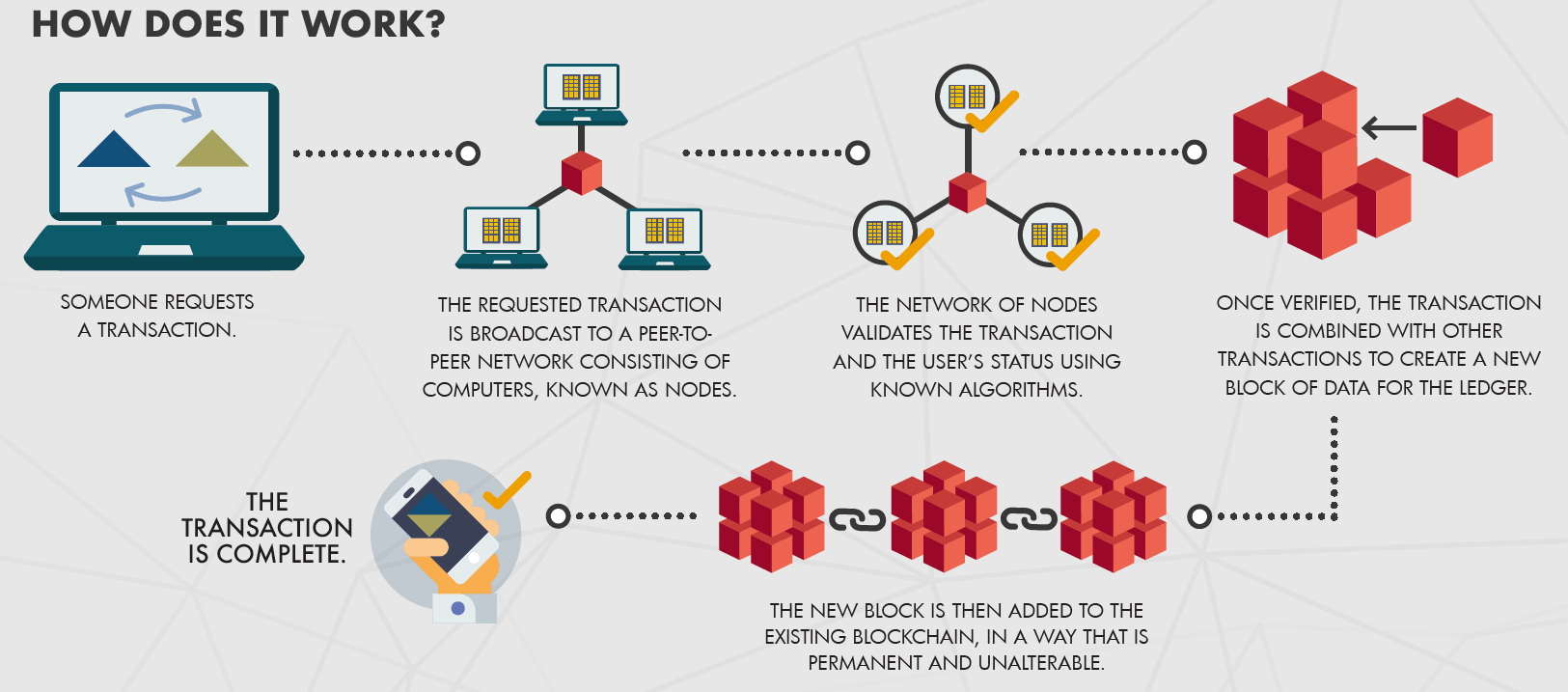What Blockchain Means for the Automotive Industry
July 27, 2018
Blockchain, first conceptualized in 2008, is a way to structure data across a peer-to-peer network. Blockchain which consists of concatenated blocks of transactions—allows competitors to share a digital ledger across a network of computers without need for a central certifying authority. No single party has the power to tamper with the records.
Many industries are utilizing this coding breakthrough. Below are some examples of how the automotive industry will benefit:
- Faster supply chains
- Better inventory control
- Elimination of counterfeit parts
- Streamlined service and finance
- Recalls directed to specific vehicle identification numbers
- Prevention of odometer fraud
As for connected vehicles, “Instead of having all connected cars report back to a single server, blockchain data is distributed among all members of the network. Hacking the system would require hacking all vehicles on the network at the same time, a virtually impossible task.” — Jim Milan, Communications Manager of online automotive retailer Auto Accessories Garage.
Blockchain is providing inspiration and hope for solving the many challenges that exist in the automotive sector. A growing number of companies have announced plans to integrate blockchain into their business processes while industry experts attempt to tackle the latest disruption in the evolution of the world of vehicles.
One of the major challenges in the automotive industry is a lack of transparency. At this point, vehicle data largely exists in silos. From manufacturing to insurance, repair history, and recalls, companies in the various components of this sector are running systems independently.
Considering estimates that 10 million self-driving cars will be on our roads by 2020 and that the number of networked cars will increase 30 percent annually over the next five years, the automotive industry needs to consolidate its data into a single integrated system now more than ever before.
One car manufacturer has already demonstrated blockchain’s capabilities to solve this problem comprehensively, bringing repairs, recalls, insurance, and gas data together ensuring accuracy and transparency across every step of their vehicle supply chain.
Of course, the rise of connected and autonomous vehicles raises significant concerns about cybersecurity. Blockchain can provide the solution to this growing burden, guaranteeing a heightened level of data security to greatly decrease the risk of hacking attacks moving forward.
The benefits of new vehicle technology can only be fully realized if the automotive industry embraces a blockchain-based solution for managing the multitude of data points in the life-cycle of a vehicle, thereby providing a transparent and safe process for the future of the evolving automotive industry landscape.
This process could mark the birth of automobiles with their own unique digital identity. A whole new world of opportunities.
